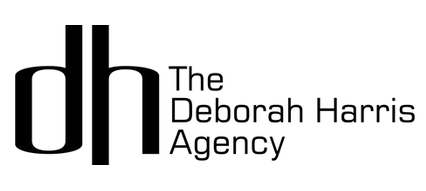FROM THE EDGES OF A BROKEN WORLD

Essays, Elsinor Verlag, 2025
Joanna Chen’s essay From the Edges of a Broken World spawned a viral controversy in March, 2024, when its publication by Guernica was followed by staff resignations protesting the publishing of an essay written by a woman living in Israel. The journal retracted the essay in which Joanna Chen grappled to preserve her own humanity in the face of the unbearable atrocities unfolding on both sides of the Israeli-Palestinian conflict. Soon after, it was republished by The Washington Monthly. Social media posts after its republication received over 300K views, and many news articles appeared about the episode, sparking much debate.
Chen has now written a collection of linked essays on compassion and empathy in times of war and terror. She traces her own trajectory: a grieving teen uprooted from England; a Newsweek journalist meeting both Palestinians and Israelis; a translator of both Hebrew and Arabic poetry, searching for a common language to bridge the divide; a volunteer for “The Road to Recovery", transporting Palestinian patients to and from the border crossings for treatment in Israeli hospitals.
In lyrical prose, Joanna describes her efforts to achieve understanding and communication, to break down barriers, both before and after October 7th. She asks herself why she remains in Israel, and if one person can make a difference. Her transformation from spectator and neutral observer to active bridge-builder is a testament that indeed, one life, each life, is a whole world worth saving.
Michael Tomasky at The New Republic wrote: “The essay is in fact a heartfelt and nuanced reflection on the ongoing tragedy by a woman who spent her time volunteering (and continues to, after a brief post–October 7 hiatus) driving Palestinian children to hospitals. The essay’s sin seems to be that it acknowledges Israeli suffering as well as Palestinian suffering.”
National Book Award winning author Phil Klay wrote about the controversy in The Atlantic: “…[the retraction of the article is]…a betrayal of the task of literature, which cannot end wars but can help us see why people wage them, oppose them, or become complicit in them…Empathy here does not justify or condemn. Empathy is just a tool. The writer needs it to accurately depict their subject; the peacemaker needs it to be able to trace the possibilities for negotiation; even the soldier needs it to understand his adversary.”
Rights Sold:
Germany: Elsinor Verlag
